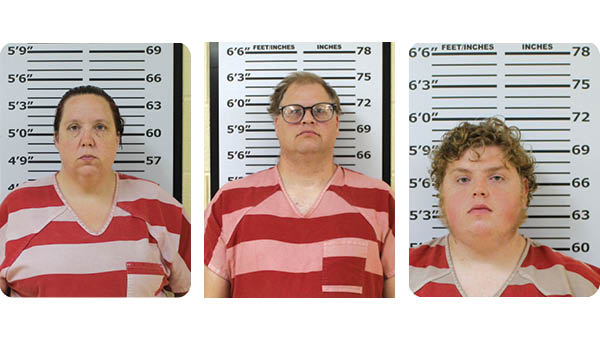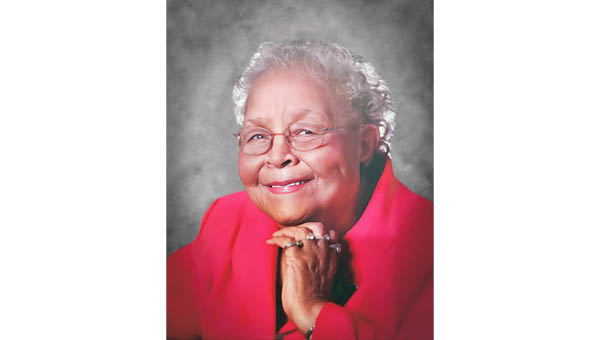Drug court and regional recovery center are about giving addicts a shot at redemption
Published 12:07 pm Friday, March 7, 2025
|
Getting your Trinity Audio player ready...
|
The Northeast Tennessee Regional Recovery Center and First Judicial Felony Recovery Court will have its regional spring graduation ceremony March 19 for recent graduates. The ceremony will be at 6 p.m. at TCAT Elizabethton.
The goal of the adult drug court is to achieve a reduction in recidivism and substance abuse among drug-involved adult offenders in the community through continuous, intense judicially supervised treatment, mandatory periodic drug testing, community supervision, and the use of appropriate sanctions and other rehabilitation services.
In many areas of the county, the recovery court is called a “problem-solving” court as it is intended to address specific problems such as DUI and drug addiction. The court focuses on treatment rather than incarceration, giving drug users and alcoholics who have run afoul as a result of problems they struggle to control a second chance, a shot at redemption.
Perhaps, for those that succeed, they should call them life-saving courts. Those that succeed have real-life stories to tell, lives that have been turned around.
Drugs kill, as does alcohol. If they don’t kill, they destroy lives and homes. It is overwhelming the number of drug users in our area, particularly the number that face a court date each week.
And, one of the most effective means to battle substance abuse is the drug court.
The drug court idea was conceived by local judges Stacy Street and Lisa Nidiffer Rice, and it was several years in the making. The drug court is not a panacea. Those who understand addiction know that real change comes only from within, from the addict who finally realizes that his or her life has become unmanageable, that the road they are traveling either ends in jail or the cemetery.
But for those who are seeking a way out of addiction, it is extremely effective. It works. It saves lives.
And if that isn’t enough, if you’re among those who have to put a price tag on everything, including human lives, it is cost-effective and, in the long run, saves thousands and thousands of taxpayer dollars. It’s not just inhumane to treat addiction like a crime; it’s simply not cost-effective.
The First Judicial Court Drug Program is handled at the former Carter County Work Camp. The goal of the program is to get people in need of treatment out of jail and prison and into recovery. The program also helps recovering addicts obtain employment and provides housing.
Last spring, six people graduated from the First Judicial Recovery Court, its largest graduating class so far. Participants go through inpatient and outpatient programs to recover.
About the graduation planned for March 19, Recovery Court staff believe it is important to celebrate this milestone as the graduates have taken the steps to succeed. Since the program began, 40 people have graduated — have become productive members of society, are supporting their children, have their own incomes and housing, and have become responsible for themselves.
Both Judge Street and Judge Rice will tell you the program works.





